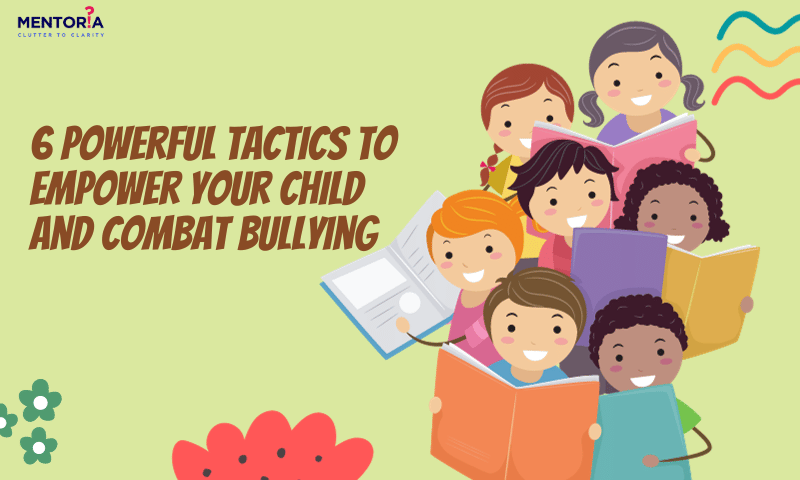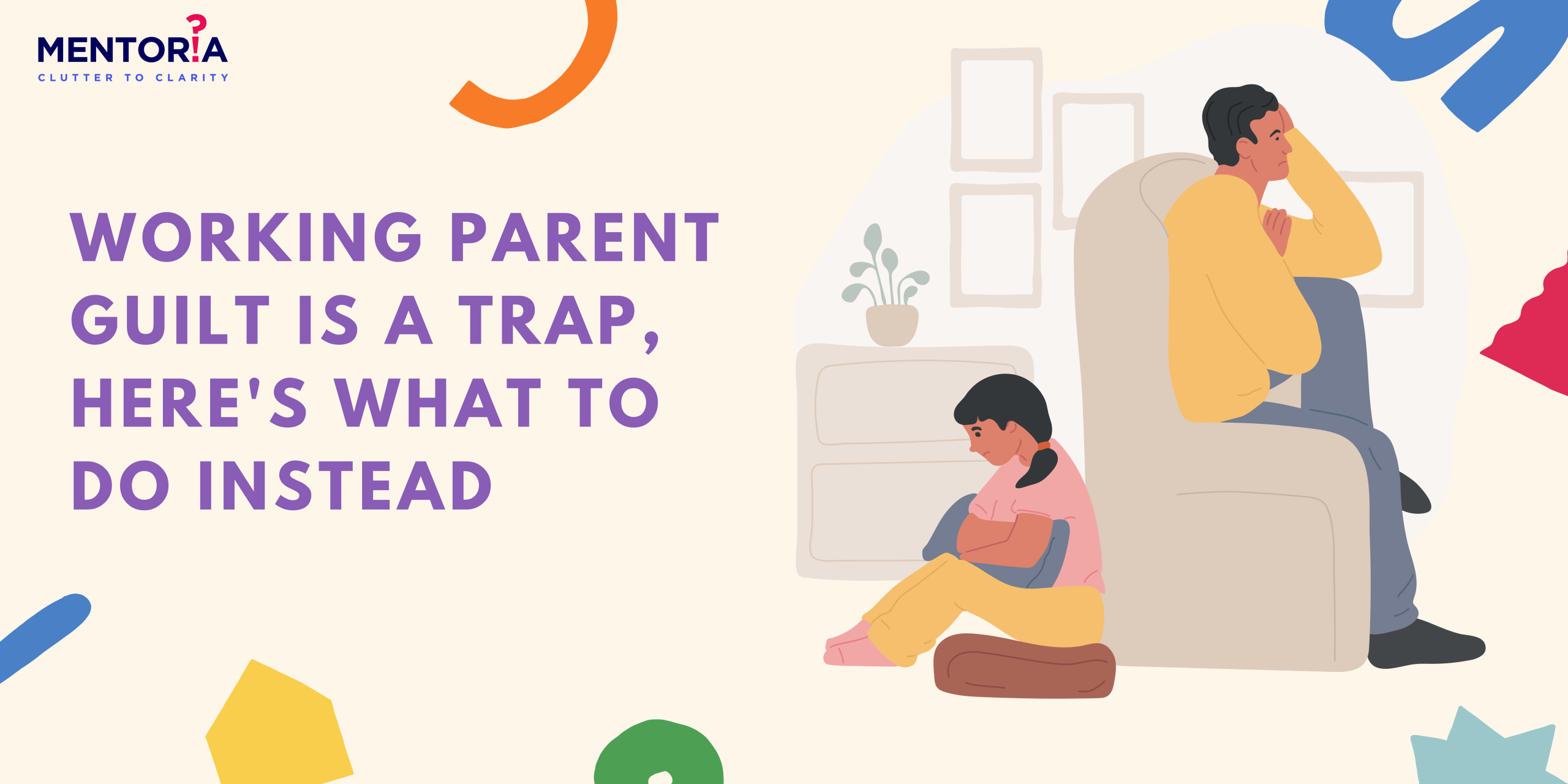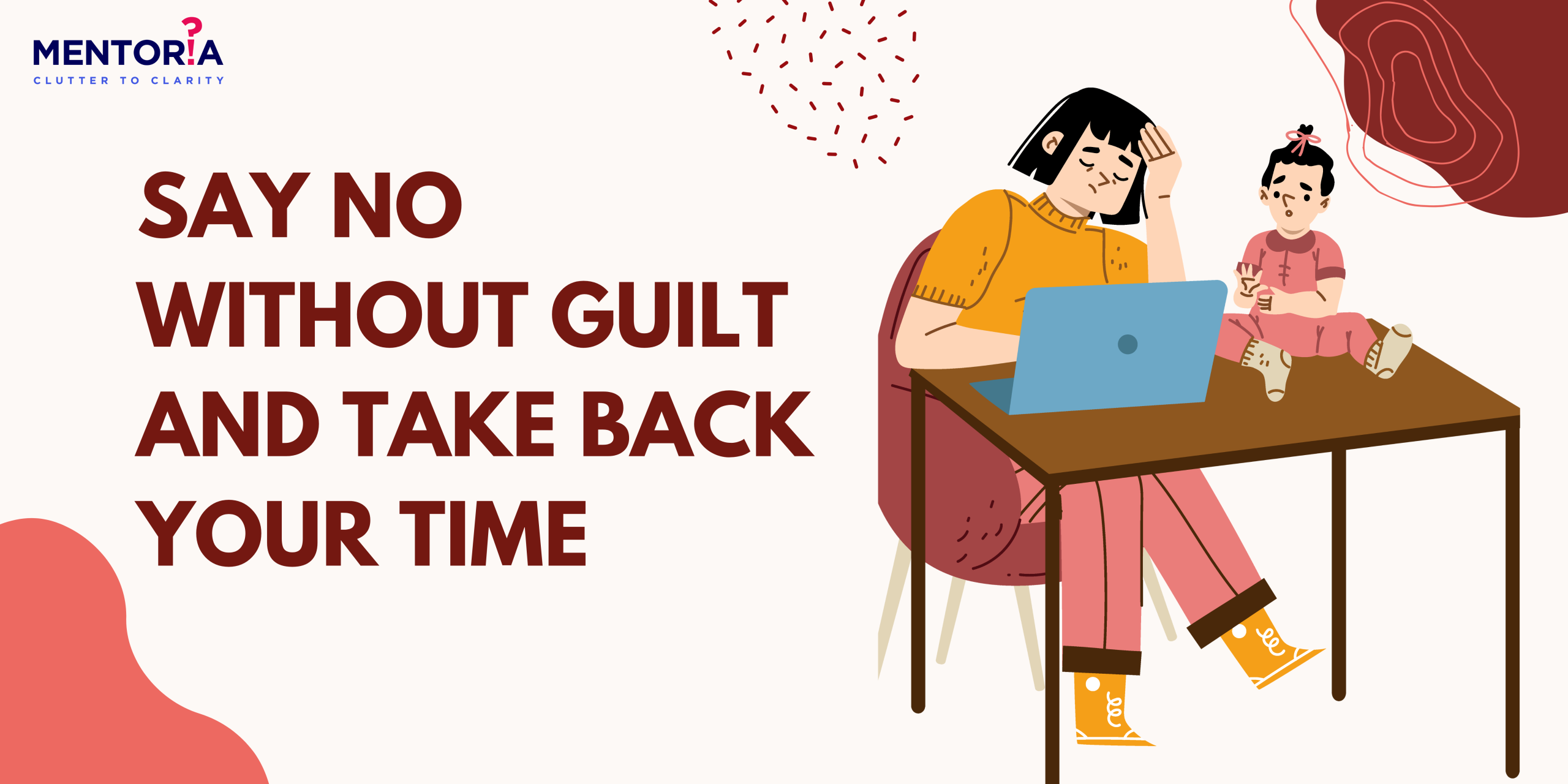6 Powerful Tactics To Empower Your Child And Combat Bullying

Jump to Section
Welcome to a world where your child’s well-being and safety are top priorities. In this blog, we will equip you with six powerful strategies to empower your child and effectively address the issue of bullying. Bullying can have a profound impact on a child’s emotional and social development, but by arming yourself with these tactics, you will be equipped to take a stand against this harmful behaviour. We’ll explore the importance of creating a safe space for open communication, teaching assertiveness and boundaries, fostering healthy friendships, educating about bullying, documenting incidents, and collaborating with schools and communities. Together, let’s empower our children to face bullying head-on and create a nurturing environment where they can thrive.
Creating A Safe Space: Open Communication And Active Listening
Open communication is crucial when addressing bullying with your child. One of the most effective strategies to address bullying is creating a safe space for your child to openly communicate their experiences. Actively listen to their concerns and emotions without judgement or interruption. Encourage them to share their thoughts, fears, and anxieties related to bullying. By providing a non-judgmental and supportive environment, you can help them feel heard and understood. This safe space enables them to express themselves freely and seek guidance when needed. It is crucial to validate their feelings and reassure them that they are not alone. By fostering open communication, you can strengthen the bond of trust with your child and encourage them to confide in you.
Empowering Assertiveness: Teaching Self-Confidence And Boundaries
Empowering your child with assertiveness skills is key in dealing with bullying. Teach them to value themselves and their rights. Encourage them to set boundaries and communicate their needs assertively. Help them develop self-confidence by praising their strengths, encouraging their talents, and highlighting their achievements. Teach them how to respond to bullying situations calmly and assertively, such as using “I” statements, maintaining eye contact, and standing tall. By instilling these skills, you equip your child with the tools to confidently address bullying and assert their rights.
Building A Support Network: Encouraging Healthy Friendships
Nurturing a supportive network is crucial for your child when facing bullying. Help them understand the importance of surrounding themselves with positive influences who will uplift and protect them. Teach them how to identify genuine friends who show kindness, empathy, and respect. Encourage participation in group activities and clubs where they can meet like-minded peers who share their interests and values. By developing healthy friendships, your child gains a support system that provides emotional support, advice, and encouragement. These friendships also foster a sense of belonging, reducing the vulnerability to bullying and increasing their overall well-being.
Educating About Bullying: Understanding Types And Effects
Educating your child about the various types of bullying is crucial in empowering them to address and combat it effectively. Help them understand the different forms of bullying, including verbal, physical, and cyberbullying. Explain the negative impact bullying can have on mental health, self-esteem, and overall well-being. Teach them to recognize the signs of bullying, such as name-calling, physical aggression, exclusion, or online harassment. By educating your child about the types and effects of bullying, you enable them to identify when they or others are being targeted and take appropriate action.
Documenting And Reporting: Keeping A Record Of Incidents
Teach your child the importance of documenting and reporting incidents of bullying. Encourage them to keep a record of dates, times, locations, and details of the incidents they experience or witness. Explain the significance of maintaining accurate documentation, as it provides a clear record of the bullying incidents. This documentation can be valuable evidence when reporting to school authorities or seeking further intervention. Teach them the appropriate channels for reporting bullying, such as trusted teachers, school counsellors, or administrators. By emphasising the importance of documentation and reporting, you empower your child to take proactive steps in addressing bullying situations effectively.
Collaborating With School And Community: Seeking Support And Intervention
Collaborating with the school and community is essential in addressing bullying comprehensively. Establish open lines of communication with teachers, administrators, and counsellors to advocate for your child’s safety and well-being. Share your concerns, provide them with relevant information about the bullying incidents, and work together to develop a plan of action. Seek support from anti-bullying programs, parent-teacher associations, or community organisations dedicated to addressing bullying. By involving the wider school community and collaborating with relevant stakeholders, you create a network of support that can help implement effective interventions, raise awareness, and create a safe environment for all children. Collaborating with the school and community also sends a strong message that bullying will not be tolerated and reinforces the importance of addressing it collectively.
Learn How To Address Bullying With Mentoria!
Addressing bullying situations with your child requires open communication, empowerment, and collaboration. By creating a safe space for them to express their feelings, teaching assertiveness and boundaries, building a supportive network, educating about bullying, documenting incidents, and collaborating with school and community resources, you can help your child navigate and overcome bullying situations. Remember, addressing bullying is a collective effort, and your support plays a crucial role in ensuring your child’s well-being. Together, let’s stand against bullying and create a safer environment for all children.
We’re here to provide you with all the help! Kick-start your journey with Mentoria and discover the right fit for you. Feel free to call us to speak to our career mentors and choose the right guidance plan that suits your needs.
Mentoria’s career guidance programme enables you to choose your perfect fit from 3 streams, 850+ courses, and 12,000+ careers, and discover what will bring out the best in you.









